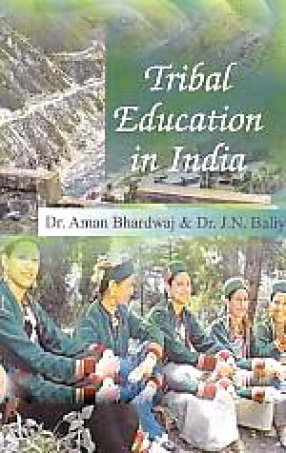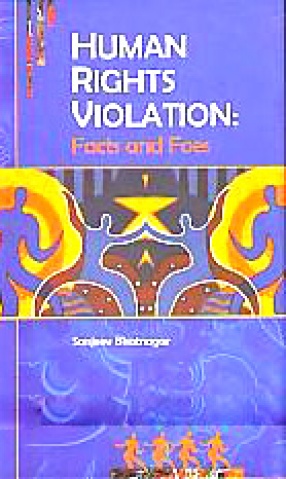From the fifteenth century on, the Dalai Lamas emerged as the pre-eminent spiritual and secular leaders of Tibet. In his foreword to this book Tenzin Gyatso the Fourteenth Dalai Lama states that “Buddhism, with its powerful central message of compassion…. Transformed Tibetans from the powerful warlike nation that dominated Central Asia in the seventh century to the more peaceful and religious people they are today.†With China’s continued occupation of Tibet threatening the “very existence of a distinct Tibetan identity and culture†the Dalai Lama feels it his “primary responsibility to take whatever steps I must to save my people and their unique heritage from total annihilation.†Author Ardy Verhaegen not only “succinctly tells the story of each of the Dalai Lamas and their contribution as human beings to Tibet’s destiny,†as the Dalai Lama points out, but also the historical narrative within which these eminent personalities played out their lives. Starting with the spread of Buddhism and its introduction into Tibet, Verhaegen chronicles the development of that country’s unique religious culture, the rise to prominence of the Dalai Lamas, and the role of the Dalai Lama institution within the social-political structures of Tibet and Asia. Descriptions of the workings of the institution itself and the current struggles of Tibetan culture to survive outside its historical borders round out this volume. Richly annotated, this introduction to the institution of the Dalai Lama is of value to both serious students of Tibetan history and culture and all those interested in one of the more fascinating stories of our times. The perilous flight of the Dalai Lama into exile and the subsequent success of the Tibetan diaspora community against tremendous odds are having profound implications for humanity at large. Ironically, while imperiled within Tibet itself, the spiritual legacy of the land of snows has spread through its incarnate lamas and teachers such that the principles of peace, compassion and individual enlightenment inherent in Tibetan Buddhist culture and embodied in the Dalai Lama now enjoy favour worldwide. The awarding of the 1989 Nobel Peace Prize to the Dalai Lama is indicative of this esteem, not only towards His Holiness but also the institution he represents.
The Dalai Lamas: The Institution and Its History
In stock
Free & Quick Delivery Worldwide
reviews
Bibliographic information
Title
The Dalai Lamas: The Institution and Its History
Author
Edition
1st ed.
Publisher
ISBN
8124602026
Length
xii+203p., Glossary; Appendices; Bibliography; Index; 23cm.
Subjects





There are no reviews yet.